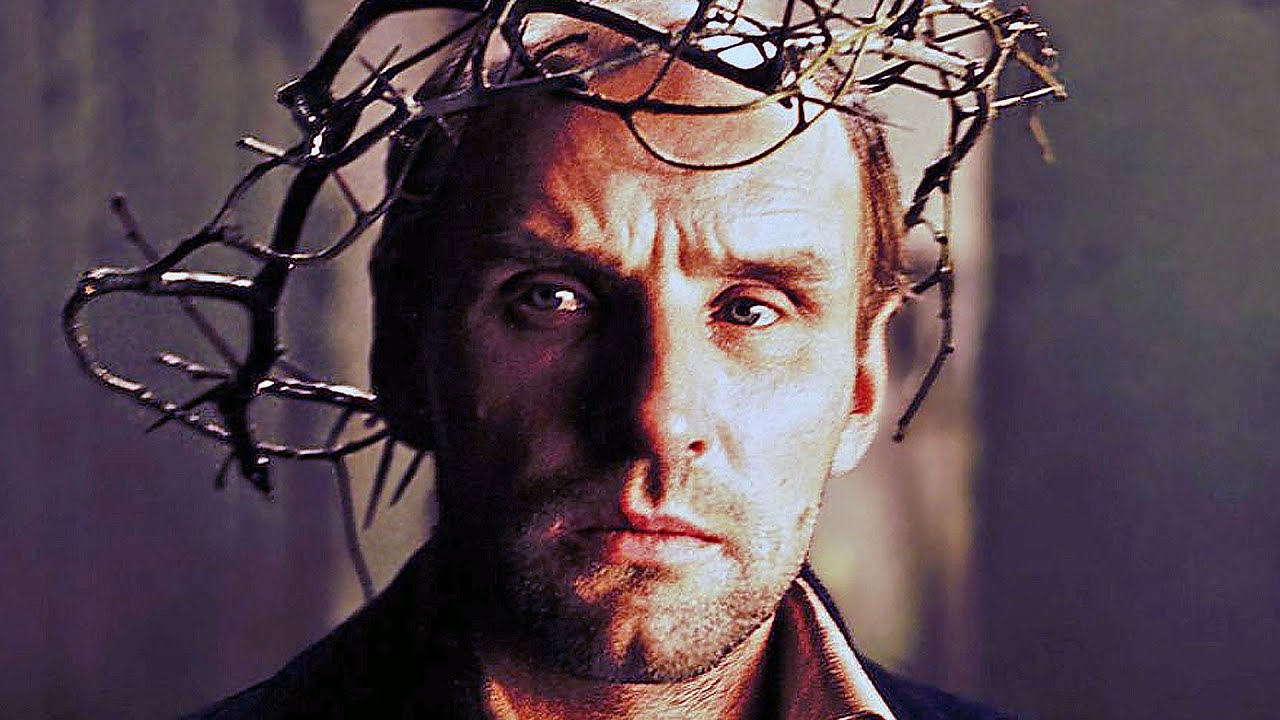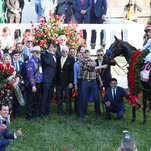Critics Celebrate Two-Lane Blacktop, the 1971 Existential Road-Movie Masterpiece by Monte Hellman (RIP), Starring James Tayler & Dennis Wilson
The road movie has long since proven itself as one of the great American cultural forms, not least by capturing the imagination of other societies, no matter how distant or different. As New York Times critic A.O. Scott declares in the video above, “one of the finest road movies, and perhaps the purest of them all, is Monte Hellman’s Two-Lane Blacktop.” In his original 1971 review of the film, a Roger Ebert described Hellman as “an American director whose work is much prized by the French, who have a knack for finding existential truths in movies we thought were Westerns.” In some sense Two-Lane Blacktop is indeed a Western, but Hellman’s death earlier this week will prompt many to revisit the film and see that it’s also much more — as well as much less.
Two-Lane Blacktop ostensibly tells the story of a cross-country race from New Mexico to Washington, D.C. In one car, a customized 1955 Chevrolet 150, are quasi-hippie gearheads known only as the Driver and the Mechanic (joined for a stretch by a hitchhiking Girl). In the other, a brand-new GTO, is a middle-aged man known only as GTO. “The mysticism of this movie is in its absence of mysticism,” says Scott. “It’s so literal-minded, so bare-bones, so absurd, and it exposes not only the romance of the open road and the car culture, but the emptiness, the nihilism.” Hellman, as the New Yorker‘s Richard Brody puts it in his own video essay, “shears this composition down to its existential bare bones,” leaving not much more in its reality than what Ebert calls “miscellaneous establishments thrown up along the sides of the road to support life: motels, gas stations, hamburger stands.”
As stripped-down as its ’55 Chevy, Two-Lane Blacktop rolled up in the wake of Dennis Hopper’s Easy Rider, whose success convinced more than a few studios that cheaply produced, counter-culturally themed road movies could hit the box-office jackpot. Though unsuccessful upon its initial release just shy of 50 years ago, the film has only consolidated its power since. Some of that power comes from unexpected sources, such as the casting of singer-songwriter James Taylor and the Beach Boys’ Dennis Wilson as the Driver and the Mechanic. These musicians, to Brody’s mind, “exert a negative charisma: their presence is both powerful and blank, deeply expressive in its neutrality.” Scott sees Taylor’s turn in particular as occupying “a realm beyond acting, in a kind of deadpan, stoned, zen state of non-performance.”
As GTO, Warren Oates brings all the traditional acting chops Two-Lane Blacktop requires, shifting between braggadocio, pathos, and a kind of postmodern posturing as often as he changes his boldly colored V-neck sweaters. “This nameless driver has bought the James Bond ideal of the well-rounded man,” writes Kent Jones in his essay on the film for the Criterion Collection, “but he prefigures Woody Allen’s Zelig in the desperate speed with which he adapts himself to every new situation and passenger.” These tendencies can’t save him on the entropic open road, only emphasizing as it does what Brody calls “the impossibility of solitude, the tendril-like encroachment of the outside world.” But then, neither can the mechanical single-mindedness of the Driver and Mechanic. This is the American condition, but only in that it’s a high-octane distillation of the human one.
Related content:
A Brief History of the Great American Road Trip
178,000 Images Documenting the History of the Car Now Available on a New Stanford Web Site
Rock Stars Who Died Before They Got Old: What They Would Look Like Today
Tom Waits Names 14 of His Favorite Art Films
A Hulking 1959 Chevy Bel Air Gets Obliterated by a Mid-Size 2009 Chevy Malibu in a Crash Test
Based in Seoul, Colin Marshall writes and broadcasts on cities, language, and culture. His projects include the Substack newsletter Books on Cities, the book The Stateless City: a Walk through 21st-Century Los Angeles and the video series The City in Cinema. Follow him on Twitter at @colinmarshall or on Facebook.
Critics Celebrate <i>Two-Lane Blacktop</i>, the 1971 Existential Road-Movie Masterpiece by Monte Hellman (RIP), Starring James Tayler & Dennis Wilson is a post from: Open Culture. Follow us on Facebook, Twitter, and Google Plus, or get our Daily Email. And don’t miss our big collections of Free Online Courses, Free Online Movies, Free eBooks, Free Audio Books, Free Foreign Language Lessons, and MOOCs.
, The road movie has long since proven itself as one of the great American cultural forms, not least by capturing the imagination of other societies, no matter how distant or different. As New York Times critic A.O. Scott declares in the video above, “one of the finest road movies, and perhaps the purest of them
Critics Celebrate <i>Two-Lane Blacktop</i>, the 1971 Existential Road-Movie Masterpiece by Monte Hellman (RIP), Starring James Tayler & Dennis Wilson is a post from: Open Culture. Follow us on Facebook, Twitter, and Google Plus, or get our Daily Email. And don’t miss our big collections of Free Online Courses, Free Online Movies, Free eBooks, Free Audio Books, Free Foreign Language Lessons, and MOOCs.













